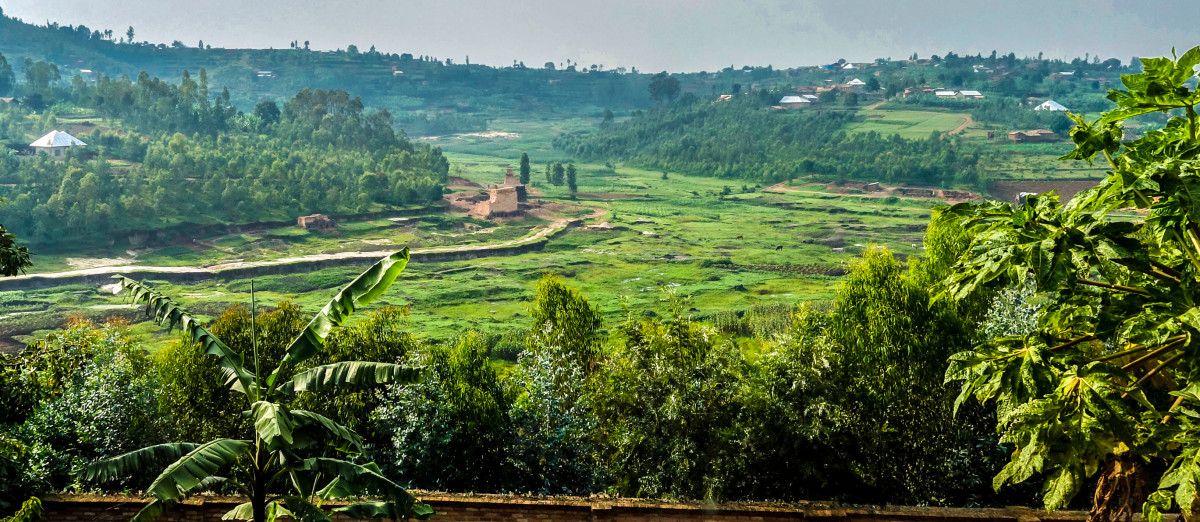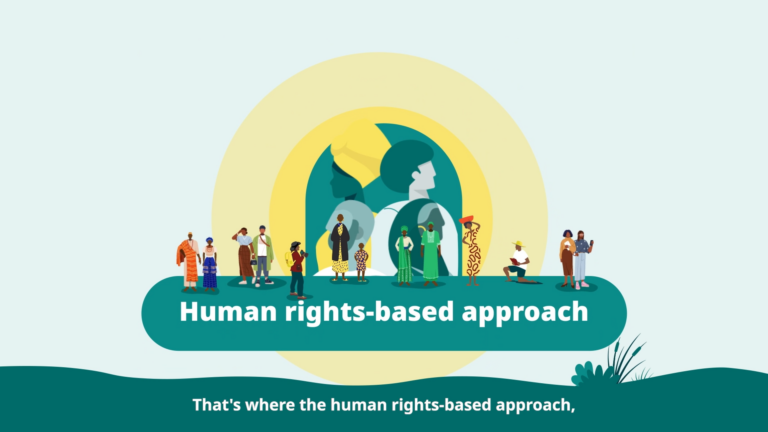Evidence-based report: The need for and potential benefits of transformative adaptation in African municipalities




Download:
Related ICLEI Pathway(s)
About
Resource summary
To date, most adaptation interventions have been incremental in nature, meaning they aim to reduce climate risks and impacts, while maintaining the status quo of the system in question. Transformative adaptation is increasingly being recognised as a necessary alternative, where responses to climate change must catalyse change at a deeper level, incorporating additional considerations such as poverty, inequality, healthcare, excessive consumption, and ecosystem loss. This report provides examples of transformative adaptation initiatives that have been implemented in sub-Saharan Africa – two in municipalities in South Africa, and one in the Sahel region. These case studies highlight some of the enabling factors that can facilitate the implementation of transformative adaptation, including: change driven from within municipalities; using the lived realities of the urban poor as entry points for intervention; and promotion and support of grassroots movements in the adaptation space.
CoM SSA is co-funded by the European Union (EU), the German Federal Ministry for Economic Development and Cooperation (BMZ), and the Spanish Agency for International Development Cooperation (AECID). The CoM SSA Secretariat is hosted by ICLEI Africa. CoM SSA is co-implemented by Agencia Española de Cooperación Internacional para el Desarrollo (AECID); the Agence Française de Développement (AFD), the Agence Française d’Expertise Technique Internationale (Expertise France); the Deutsche Gesellschaft für Internationale Zusammenarbeit (GIZ),
Related resources

City of Johannesburg Goods and Services Assessment

Nature-Based Solutions for African Cities: The Human Rights-Based Approach










